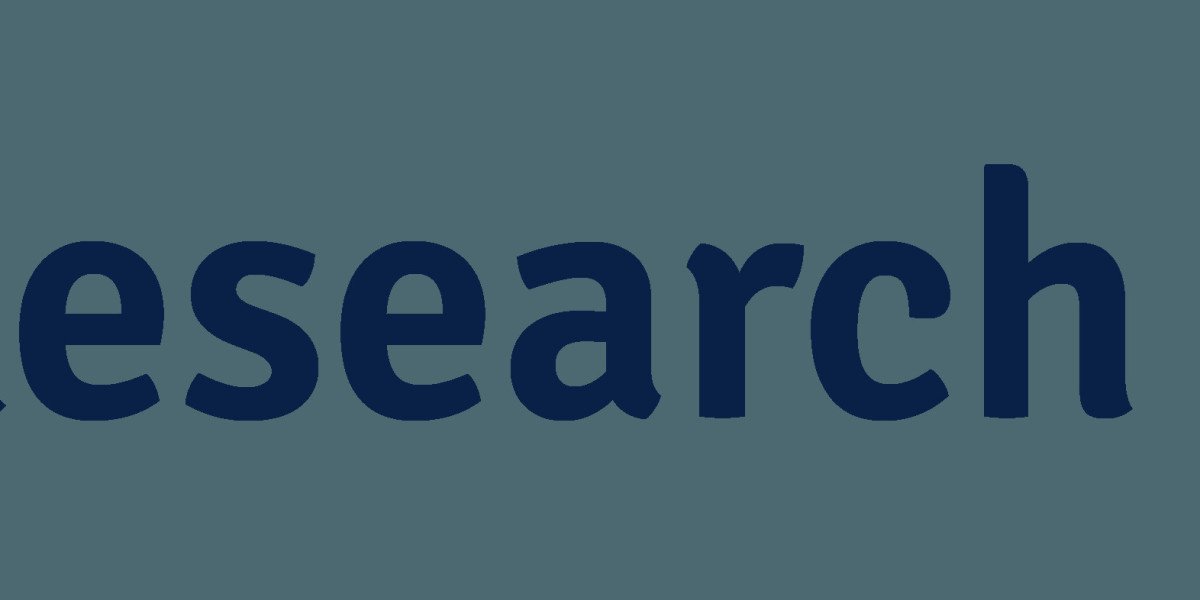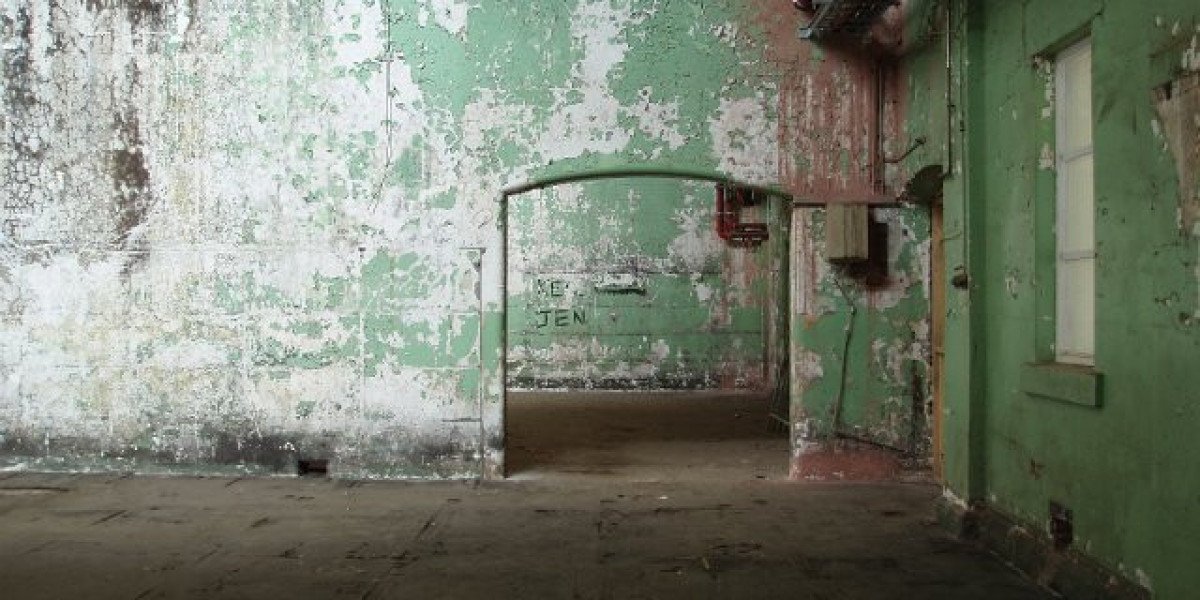The global Wildfire Smoke Readiness Playbooks Market is experiencing strong growth as governments, public health agencies, and businesses take proactive measures to protect communities from the escalating impacts of wildfire smoke. With wildfire incidents rising due to climate change, organizations worldwide are turning to structured readiness playbooks to guide response strategies, improve air quality management, and safeguard public health.
These playbooks provide essential frameworks for communication, resource allocation, emergency procedures, and risk mitigation during wildfire smoke events. As communities face increasing exposure to fine particulate matter and hazardous gases, the demand for standardized, actionable preparedness tools continues to surge.
Growing awareness of air quality hazards, alongside increased investments in resilience planning, is propelling the market forward. Industries such as healthcare, education, manufacturing, and public safety are adopting these frameworks to ensure operational continuity during severe smoke conditions.
Market Drivers
One of the primary drivers of the Wildfire Smoke Readiness Playbooks Market is the rising frequency and intensity of wildfires globally. Climate change, extreme heat, and prolonged drought conditions are contributing to widespread air quality degradation, prompting both public and private institutions to establish formal preparedness systems.
Another significant driver is the growing recognition of long-term health impacts associated with smoke exposure. Fine particulate matter from wildfire smoke is linked to respiratory, cardiovascular, and cognitive conditions, creating a strong public health incentive to implement standardized readiness protocols.
Additionally, urban expansion into wildfire-prone areas is increasing the number of people and businesses exposed to smoke-related disruptions. This has accelerated the adoption of readiness playbooks across municipalities, workplaces, and community organizations.
Market Restraints
Despite growing adoption, the market faces limitations in terms of funding constraints, particularly in developing regions where wildfire response budgets remain limited. Many communities lack the financial resources to implement comprehensive preparedness frameworks or invest in necessary training and equipment.
Another restraint is the inconsistency of air quality monitoring infrastructure. In regions with limited sensor networks or outdated monitoring tools, the effectiveness of readiness playbooks is reduced due to delays or inaccuracies in air quality data.
Finally, gaps in public awareness and limited cross-agency coordination during smoke events pose challenges. Playbooks require strong collaboration between health authorities, emergency services, and local governments—coordination that remains uneven across regions.
Request a Sample Report:
https://researchintelo.com/request-sample/67960
Market Opportunities
The Wildfire Smoke Readiness Playbooks Market presents significant opportunities for innovation. As communities seek more robust preparedness frameworks, stakeholders are introducing digital and cloud-based playbook platforms enhanced with real-time air quality analytics.
There is also growing demand for customized playbooks tailored to sectors such as healthcare, manufacturing, retail, transport, and education. These sector-specific guides provide detailed protocols that address unique operational risks associated with smoke disruptions.
Additionally, global momentum around climate adaptation funding is expected to create new opportunities. Governments and international organizations are investing in resilience planning, opening avenues for expanded playbook development, distribution, and training programs.
Market Dynamics and Growth Outlook
According to Research Intelo’s analysis, the Wildfire Smoke Readiness Playbooks Market is projected to grow steadily over the next decade, supported by increased climate risk awareness, improved air quality technologies, and expanding emergency management programs.
North America currently holds the largest market share due to its extensive history of wildfire incidents, strong regulatory frameworks, and rapid adoption of community preparedness initiatives. Europe follows closely as wildfires become more frequent in southern and Mediterranean regions. Meanwhile, Asia-Pacific is expected to register the fastest growth rate as countries enhance their climate resilience strategies.
The market is also driven by the integration of readiness playbooks into broader climate adaptation and environmental health programs. These playbooks increasingly include digital components such as mobile alerts, automated response triggers, and real-time decision support tools.
View Full Report:
https://researchintelo.com/report/wildfire-smoke-readiness-playbooks-market
Key Market Trends
Digital Transformation of Playbooks: Organizations are shifting from static documents to dynamic, cloud-based readiness platforms with integrated air quality monitoring.
Increasing Use of Predictive Analytics: Advanced modeling tools help forecast smoke dispersion patterns, enabling proactive decision-making.
Sector-Specific Playbook Development: Industries such as healthcare and logistics are adopting customized protocols to ensure safety and business continuity.
Community-Centered Preparedness Programs: Local governments are expanding smoke response strategies that include public messaging, shelter operations, and vulnerable population protection.
These trends reflect a growing focus on proactive planning as wildfire smoke risks increase worldwide.
Regional Insights
North America: Leads the market due to its strong wildfire preparedness ecosystem and adoption of standardized public health frameworks.
Europe: Rising wildfire incidents and stringent environmental policies are driving adoption across southern and central regions.
Asia-Pacific: Rapid urbanization, expanding wildfire risks, and increasing government investment in resilience planning support strong market growth.
Latin America & Africa: Growing environmental vulnerability is increasing awareness of the need for formal smoke readiness protocols.
Each region’s evolving climate risk profile is influencing the strategic adoption of structured readiness systems.
Enquire Before Buying:
https://researchintelo.com/request-for-customization/67960
Future Outlook
The future of the Wildfire Smoke Readiness Playbooks Market is characterized by technological innovation, cross-sector collaboration, and increased global emphasis on climate resilience. As wildfire smoke events become more unpredictable, organizations are expected to rely more heavily on advanced planning frameworks to mitigate health and economic impacts.
Integration with smart city platforms, environmental monitoring systems, and urban resilience networks will broaden the functional role of these playbooks. Artificial intelligence, real-time data feeds, and automated alerting systems will transform how communities prepare for and respond to smoke events.
Funding for climate adaptation programs is also expected to rise, creating opportunities for widespread development and implementation of readiness playbooks across vulnerable regions. These trends underscore the importance of structured preparedness in an increasingly climate-affected world.
Conclusion
In conclusion, the Wildfire Smoke Readiness Playbooks Market is emerging as a critical component of global climate resilience initiatives. Driven by increasing wildfire activity, rising public health concerns, and expanding preparedness mandates, the market is positioned for sustained long-term growth.
Organizations that prioritize proactive planning, integrated data systems, and community engagement will be best positioned to mitigate the risks associated with prolonged smoke exposure. As the world confronts intensifying climate challenges, readiness playbooks will continue to serve as essential tools for safeguarding public health and maintaining operational stability.
Check Out the Report:
https://researchintelo.com/checkout/67960








